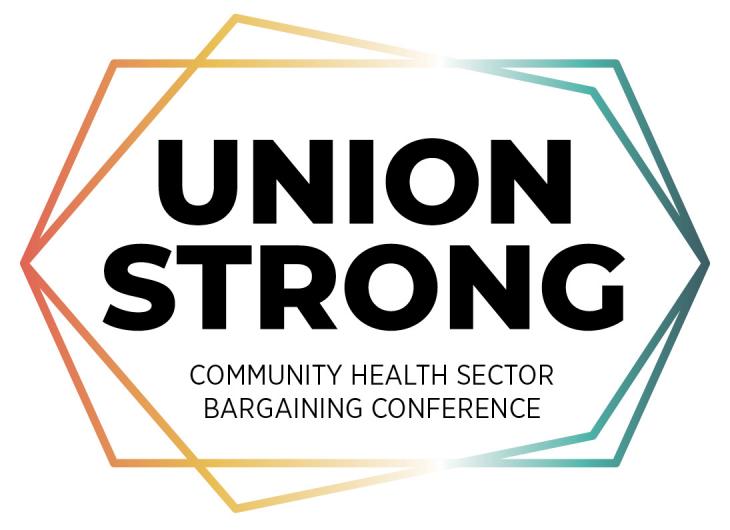
More than 30 HEU members from the community health subsector gathered on Zoom October 14 and 15 as they gear up for bargaining. Their collective agreement expires on March 31, 2022.
Delegates talked about their work, sharing the challenges of working through the pandemic, as well as the critical role they play in delivering vital care and services to some of British Columbia’s most vulnerable and marginalized citizens.
“I know that much has been publicized in the media about our frontline heroes,” HEU secretary-business manager Meena Brisard told the conference. “And I know that an emphasis is often placed on those who work in hospitals and long-term care facilities. But as you know firsthand, the HEU team is much broader than just acute and residential care.
“To HEU’s community health members – who work in mental health group homes, clients’ personal residences in home support, adult daycare and psychiatric daycare programs, and addiction recovery programs or centres – I want you to know that I see you, I value you, and your work matters.”
HEU represents about 2,300 members in the eight-union Community Bargaining Association, which includes community health workers, care aides, resource workers, mental health and addictions counsellors, program coordinators; activity and mental health support workers, clerical workers, peer navigators, transitional and vocational services workers, schedulers, and cooks, among others.
Delegates debated and voted on bargaining demands, and identified priorities. Common bargaining themes included: wages, shift premiums, special leave, job security, safe staffing levels, and parity with the facilities subsector.
A new bargaining committee was also elected – Genny Mangiola, Nicole Russell and Luba Andrews – with Rob Coleman, Gordon Robbins and Lisa Bouma chosen as alternates.
HEU’s acting coordinator of public services Chris Dorais and servicing representative Brenda Brown provided an historical overview of community health bargaining. President Barb Nederpel and financial secretary Betty Valenzuela brought solidarity greetings.
“It’s so important we have this opportunity to come together, share our experiences, and talk about how we can make our work safer for ourselves, our clients and residents – and to create conditions that help us retain and attract workers in this sector – so that we can continue to provide crucial services to communities and families,” said Nederpel.
“Coming from a marginalized group – as an immigrant, as a person of colour, as a woman – I know firsthand the pain of discrimination,” said Valenzuela. “I want to recognize our community health members for your work with marginalized people and communities. The difference you make in people’s lives cannot be underestimated, and for many, it’s life-saving.”
“Many of you work with clients and residents every day with mental health and substance use challenges, and you’re often managing crises,” said Brisard. “So, you know better than anyone the importance of shedding more light on these issues.”